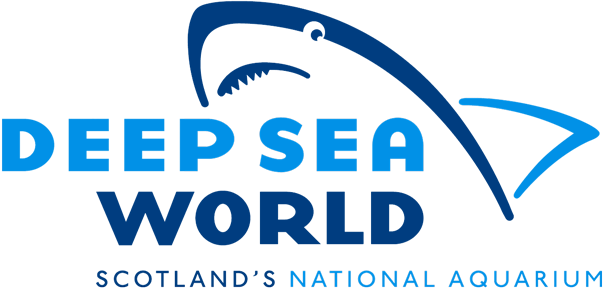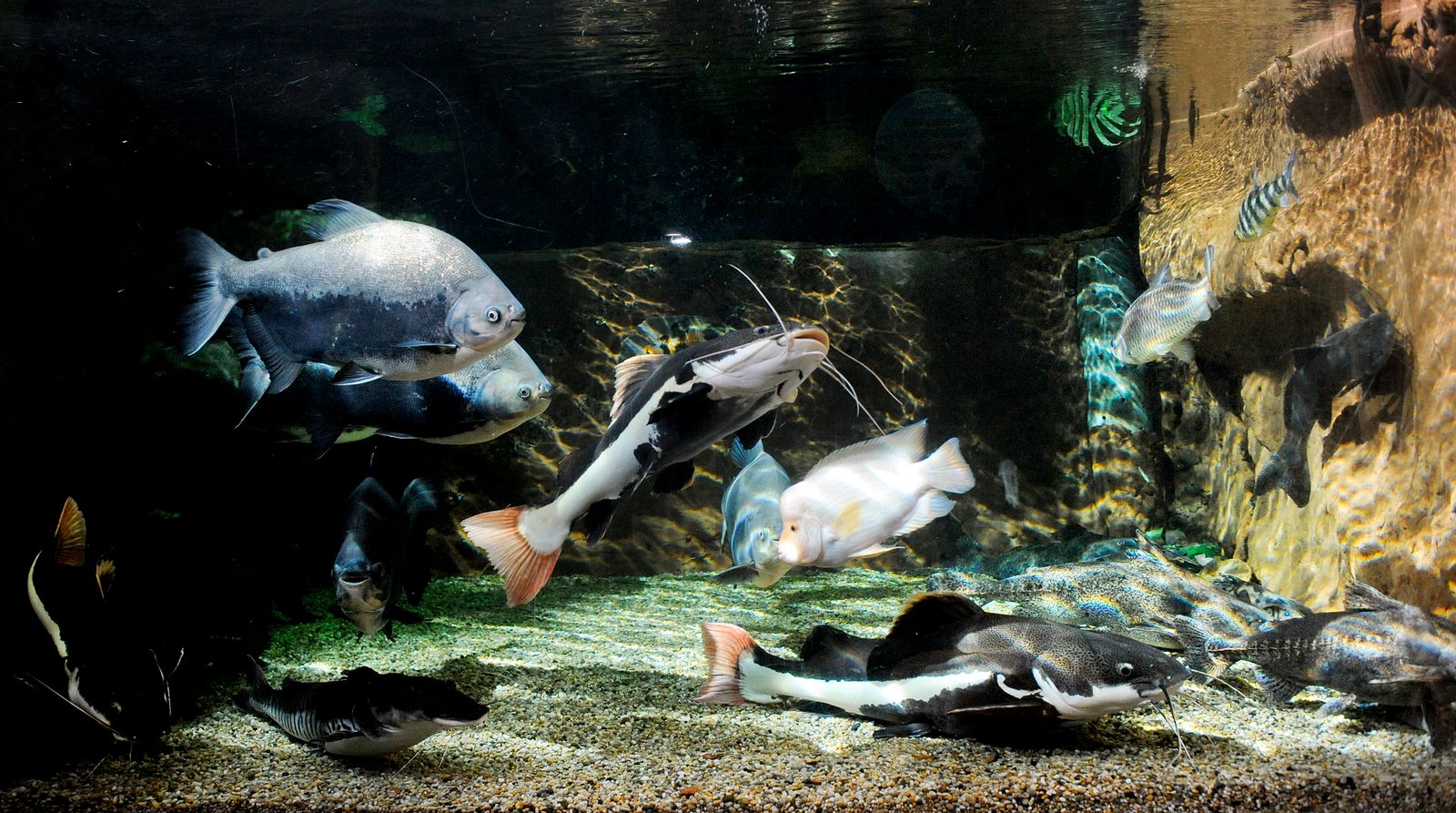
To enquire about a School Trip for your class please call us on 01383 411 880 to discuss what is available.
At Deep Sea World we understand how important it is to educate people about the ocean and all of the creatures on our planet. That’s why we offer a selection of educational trips tailored especially to schools, from nursery age right up to secondary school students.
Here is our Education Mission Statement:
“To deliver a unique learning experience by promoting informed and inquisitive observation within a stimulating environment.”
Come and dive to exciting new depths in our educational programmes. We aim to inspire the next generation by inviting growing young minds to learn about topics such as biology, conservation, the environment, and marine life. Find all the information from prices to packed lunches in our Enquiry Information Pack above and learn more about our classroom sessions below:
| Ticket Type | Price |
|---|---|
| Education Junior | £7.95 |
| Education Concession | £15.00 |
| Education Standard | £16.82 |
| Classroom Session* | £30.00 |
| Creature Encounter** | £20.00 |
*Classroom sessions have a maximum of 30 children per group.
**Creature encounters have a maximum of 20 children per group.
FREE entry for teachers and classroom assistants, using the ratios 1:4 for nursery, 1:6 for primary education, and 1:10 for secondary education
-
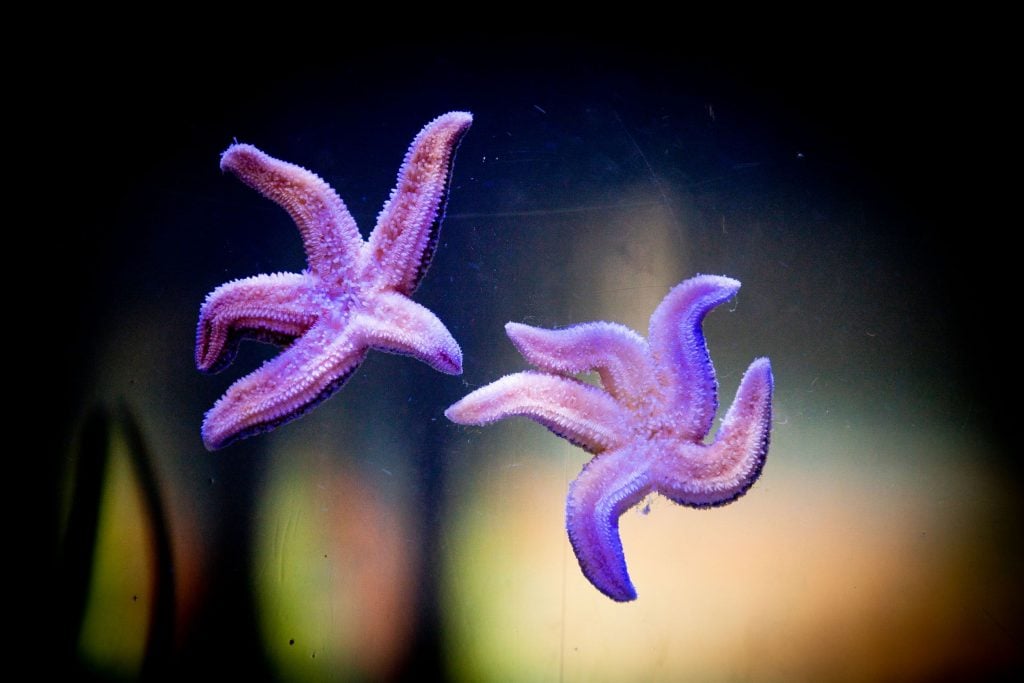
Nursery/P2 Plastic, the Ocean and Me!
This class is for nursery and early primary school pupils and is a great introduction to pollution in the ocean. Pupils will be taught all about what plastics are and why they are bad for the animals in our waters through an interactive game. The games invites them explore how much plastic there is currently in our oceans, and the impact this has on the animals that live in these waters.
-
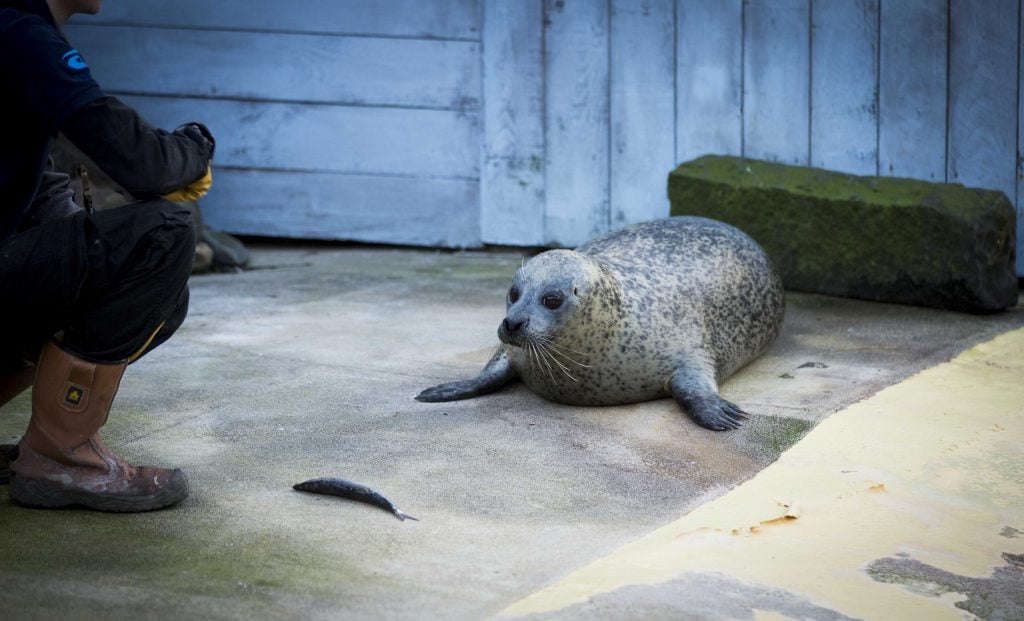
P3/P5 Who’s Hungry?
This fun and interactive class covers introductions to Food Chains and Food Webs. The children end up in a bit of a tangle once they have created their own Food Web and get the chance to demonstrate a Food Chain in front of the rest of the class. After they have de-tangled themselves they then learn about a creature in their food web and even the chance to come face to face with them!
-
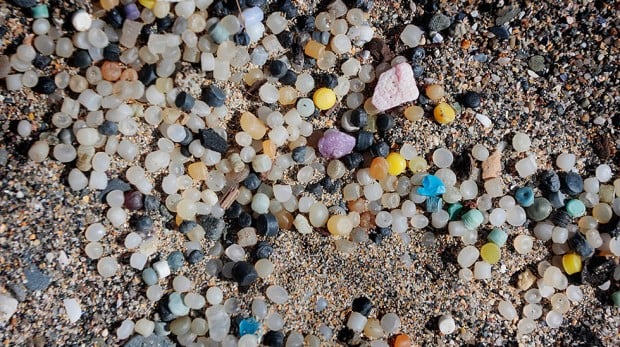
P3/P5 Our Ocean and Nurdles
This Class is focused on one of the biggest problems effecting Scottish Oceans – Nurdles! For such an important issue there is very little in the media so become experts in this class to spread the word about nurdles. Nurdles are a micro-plastic which pupils will learn all about and discover why they are bad for the animals in the sea. Plus get to go on your very own nurdle hunt!
-
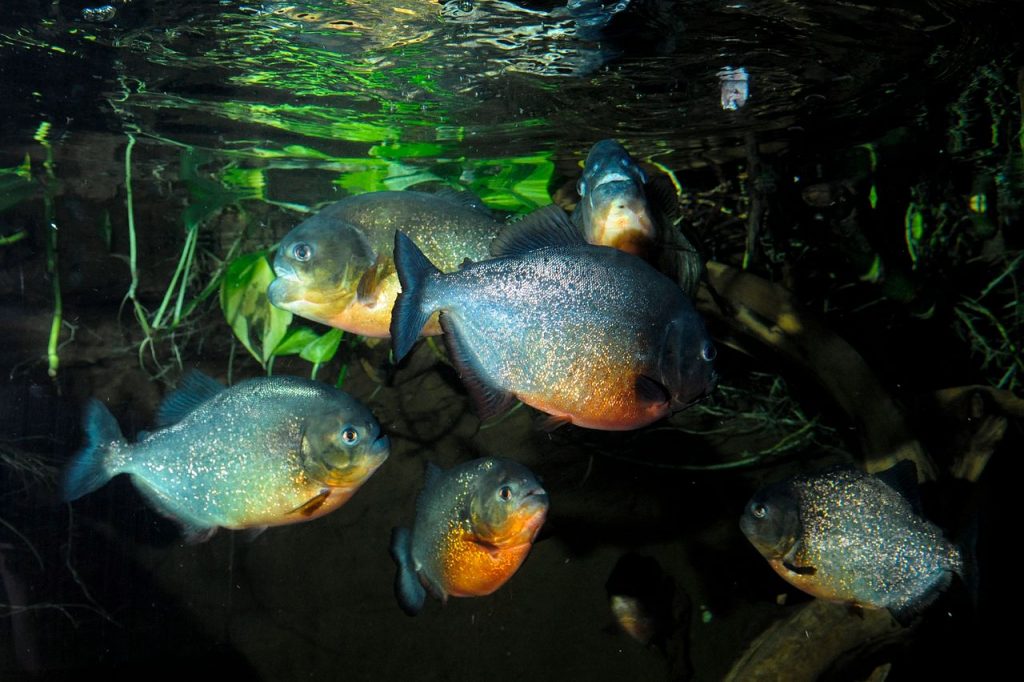
P5/P7 Predators & Prey
In this class we will discover the difference between a predator and their prey and investigate how they fit into different food chains. We will look at how different animals hunt and what attributes give them the ability to be the Apex Predator in their environment. The pupils will join in to see whether we can identify different predators and uncover if any animals are both predators and prey.
-
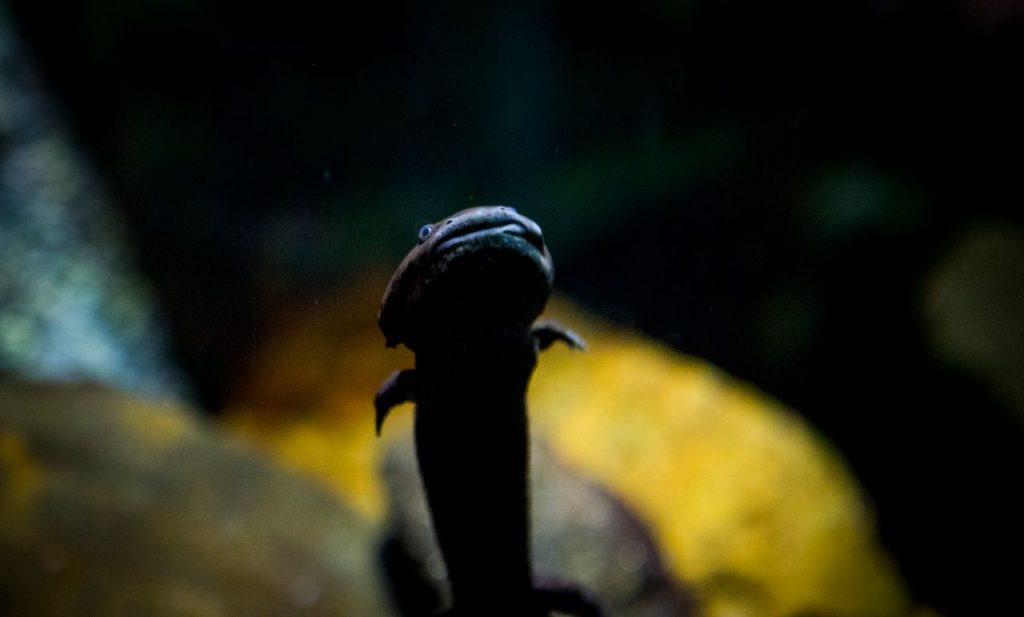
P5/P7 Adaptations
In this class pupils will learn about some of the different ways that animals have changed physically to survive against predators and their ever-changing environments. The pupils will then have the opportunity to put what they learn into practice in our Virtual Aquarium. They will draw their own fish with adaptations to fit the environment and see their creations swim around.
-
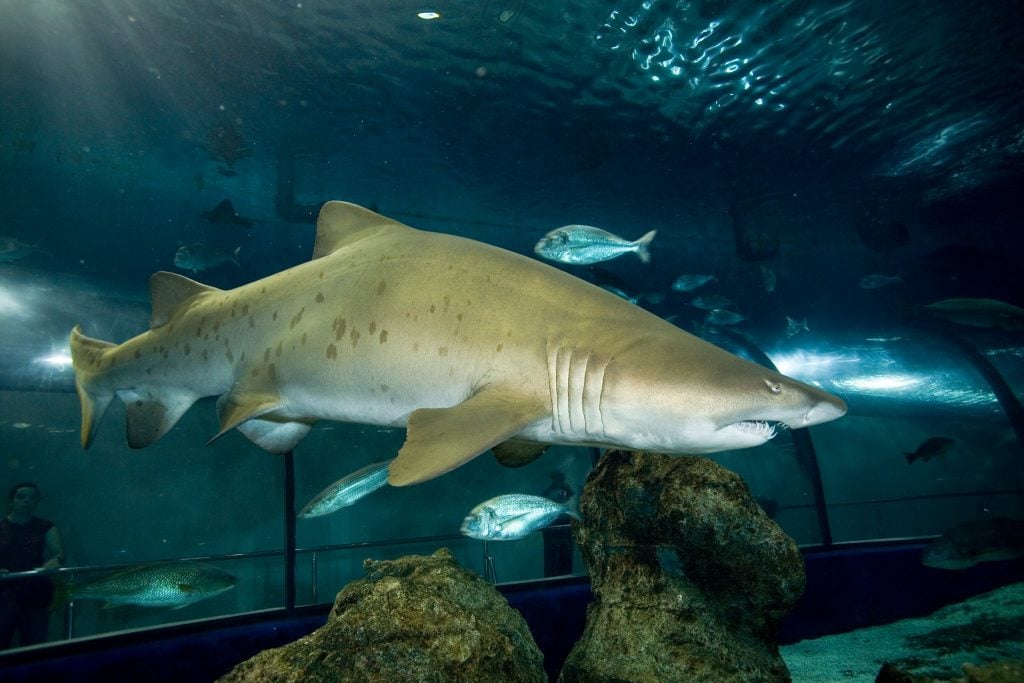
P7 Sharks
When asked to think about a shark, most people picture “Jaws” a man eating shark. But here at Deep Sea World we will dispel this myth. Many shark species are endangered and need protecting. We will learn about how sharks as a species differ from other marine life and more about the anatomy and conservation of our Shark population.
-

Nursery/P2 Plastic, the Ocean and Me!
This class is for nursery and early primary school pupils and is a great introduction to pollution in the ocean. Pupils will be taught all about what plastics are and why they are bad for the animals in our waters through an interactive game. The games invites them explore how much plastic there is currently in our oceans, and the impact this has on the animals that live in these waters.
-

P3/P5 Who’s Hungry?
This fun and interactive class covers introductions to Food Chains and Food Webs. The children end up in a bit of a tangle once they have created their own Food Web and get the chance to demonstrate a Food Chain in front of the rest of the class. After they have de-tangled themselves they then learn about a creature in their food web and even the chance to come face to face with them!
-
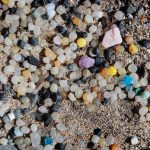
P3/P5 Our Ocean and Nurdles
This Class is focused on one of the biggest problems effecting Scottish Oceans – Nurdles! For such an important issue there is very little in the media so become experts in this class to spread the word about nurdles. Nurdles are a micro-plastic which pupils will learn all about and discover why they are bad for the animals in the sea. Plus get to go on your very own nurdle hunt!
-
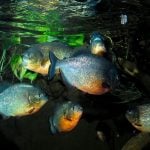
P5/P7 Predators & Prey
In this class we will discover the difference between a predator and their prey and investigate how they fit into different food chains. We will look at how different animals hunt and what attributes give them the ability to be the Apex Predator in their environment. The pupils will join in to see whether we can identify different predators and uncover if any animals are both predators and prey.
-
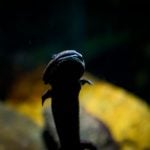
P5/P7 Adaptations
In this class pupils will learn about some of the different ways that animals have changed physically to survive against predators and their ever-changing environments. The pupils will then have the opportunity to put what they learn into practice in our Virtual Aquarium. They will draw their own fish with adaptations to fit the environment and see their creations swim around.
-
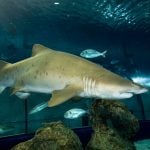
P7 Sharks
When asked to think about a shark, most people picture “Jaws” a man eating shark. But here at Deep Sea World we will dispel this myth. Many shark species are endangered and need protecting. We will learn about how sharks as a species differ from other marine life and more about the anatomy and conservation of our Shark population.
